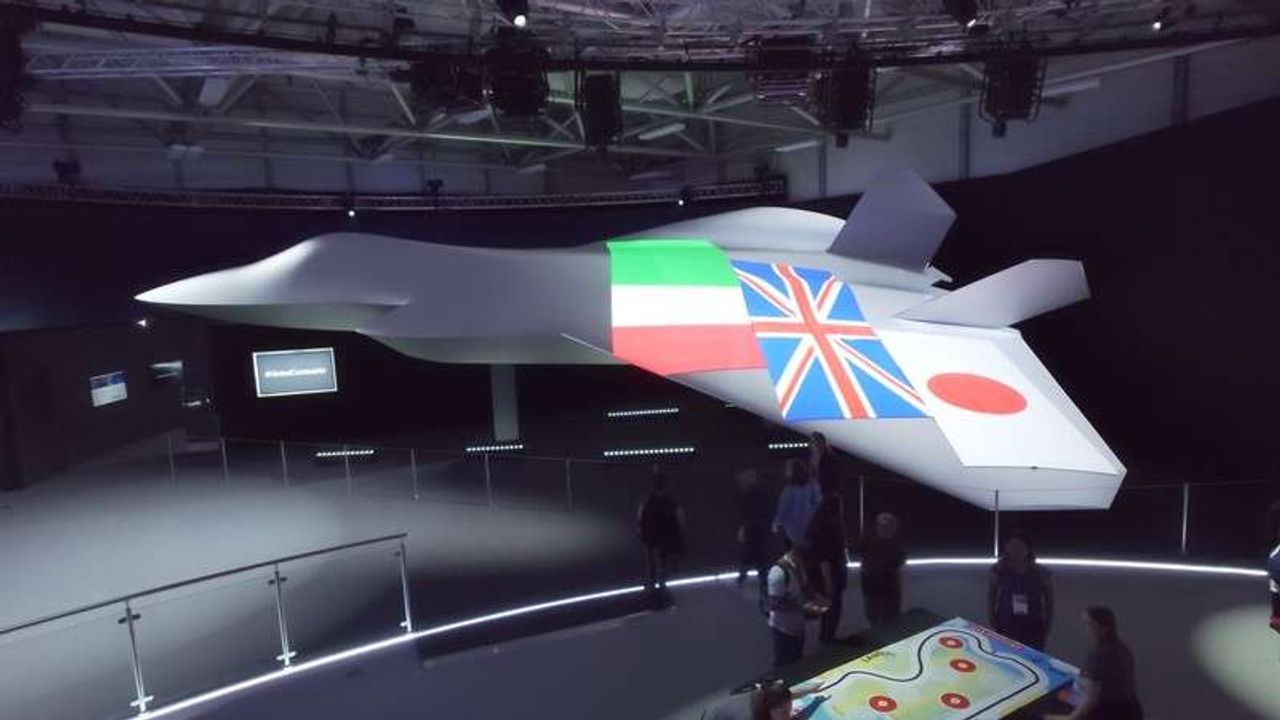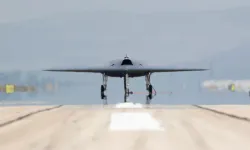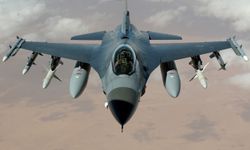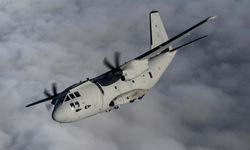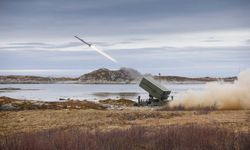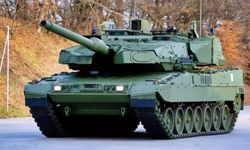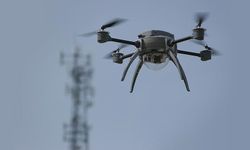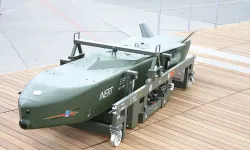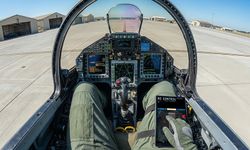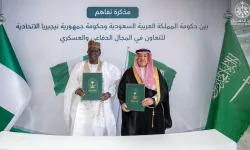The trilateral Global Combat Air Program (GCAP), launched to develop a new supersonic fighter aircraft by 2035, is currently led by the three countries. Officials familiar with the matter say that while there is no formal barrier to Saudi participation, any new entrant would be considered only after the initial phase of the program reaches critical milestones. These include the signing of an international agreement between the newly formed GCAP International Government Organization (GIGO) and the industrial joint venture Edgewing.
GIGO, based in Reading, England, was formally inaugurated on Monday to oversee intergovernmental coordination. Edgewing, the industrial consortium comprising BAE Systems (UK), Leonardo (Italy), and Japan Aircraft Industrial Enhancement Co. (JAIEC), was established last month and is tasked with the design and development of the future aircraft.
“There is no preclusion in having Saudi Arabia join the program, but we first have to define certain criteria and clarify all the points,” one source told The Japan Times, following a virtual meeting between the defense ministers of the three partner countries on Monday.As part of an apparent prerequisite, Riyadh has reportedly been encouraged to acquire Eurofighter Typhoons and build local production capacity before seeking to participate in GCAP. This would allow Saudi Arabia to gain experience with complex aerospace manufacturing prior to potentially entering a more advanced program.
Other countries have also shown interest in joining GCAP, including two unnamed European nations, one Middle Eastern country aside from Saudi Arabia, and one Asian state. Any expansion of the partnership, however, would require unanimous approval from the current members.
The program marks a significant shift for Japan, representing its first major defense collaboration outside the framework of its longstanding security partnership with the United States. The aircraft is intended to replace Japan’s aging F-2 fleet, as well as the Eurofighters currently operated by the UK and Italy.
With the conceptual design phase completed, GCAP is now moving into detailed engineering and development. A demonstrator aircraft is expected to fly within the next two to three years, with the first production models entering service by 2035, according to current projections.
Despite reported satisfaction with progress, discussions around intellectual property rights and technology transfer remain unresolved. Concerns over London’s level of openness first surfaced publicly in April when Italian Defense Minister Guido Crosetto criticized the UK for not fully sharing certain technologies with Rome and Tokyo during an interview with Reuters. Although the specific technologies in question have not been disclosed, The Japan Times reports that the issue remains a sticking point and could affect timelines or cooperation if not addressed.It remains unclear whether these disagreements will have any impact on the 2035 service-entry target for the new aircraft.
